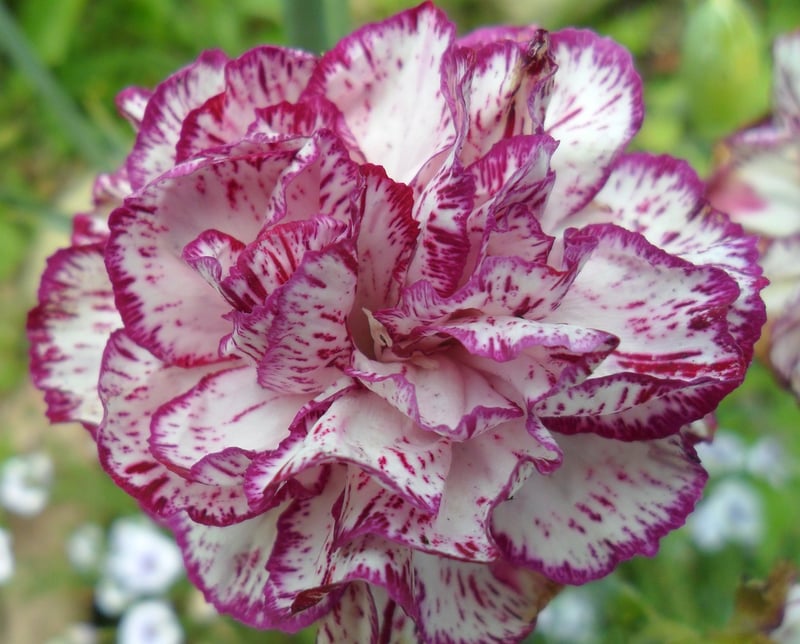Salsa
The Art of Expressive Movement in Salsa Dancing
Salsa dancing is not just about the steps; it's also about the expressive movement that brings the dance to life. In salsa, dancers use their bodies to convey emotion, passion, and rhythm, making it a truly captivating art form. Let's explore how you can incorporate expressive movement into your salsa dancing to take your skills to the next level.
1. Body Isolation
Mastering body isolation is key to expressing yourself through salsa dancing. Focus on moving different parts of your body independently, such as your hips, shoulders, and arms. This technique allows you to add flair and personality to your dance moves.

2. Musicality
Expressive movement in salsa is closely tied to musicality. Listen to the music and let it guide your movements. Pay attention to the rhythm, melody, and accents in the music, and synchronize your dance to the beat. This connection between music and movement enhances the emotional impact of your performance.

3. Partner Connection
When dancing with a partner, expressive movement is not just about your own body but also about connecting with your partner. Maintain eye contact, communicate through your movements, and create a sense of unity on the dance floor. Your connection with your partner adds depth and emotion to your salsa routine.

4. Expression and Emotion
Don't be afraid to express your emotions through your movements in salsa dancing. Whether it's joy, sensuality, or drama, let your feelings guide your dance. Use your facial expressions, body language, and styling to convey the mood of the music and connect with your audience.

By incorporating expressive movement into your salsa dancing, you can elevate your performance and connect with your audience on a deeper level. So, the next time you hit the dance floor, remember to let your body tell the story of the music and embrace the art of salsa with passion and emotion.
